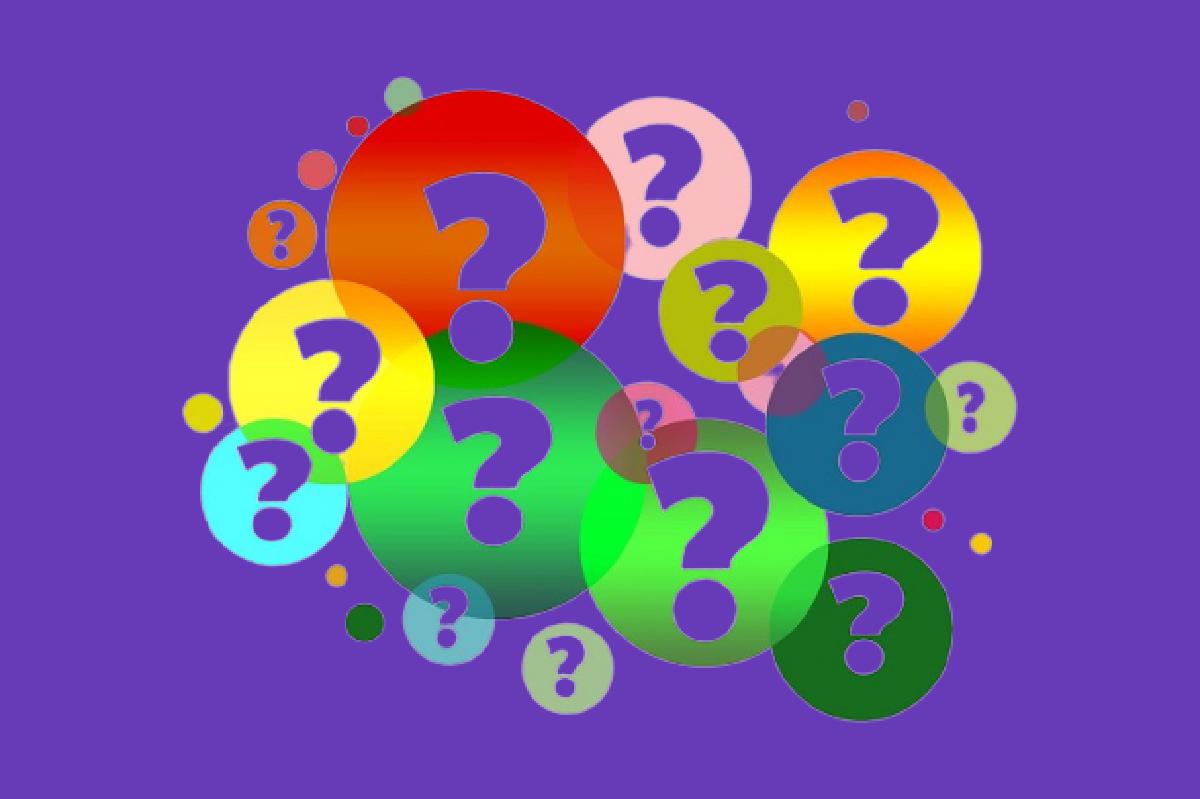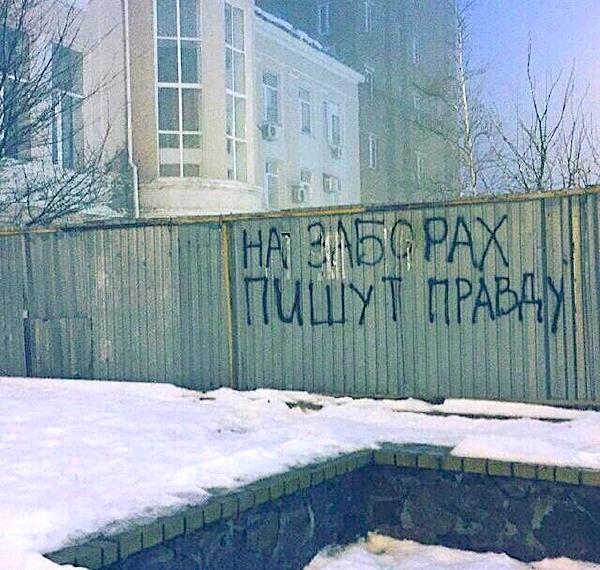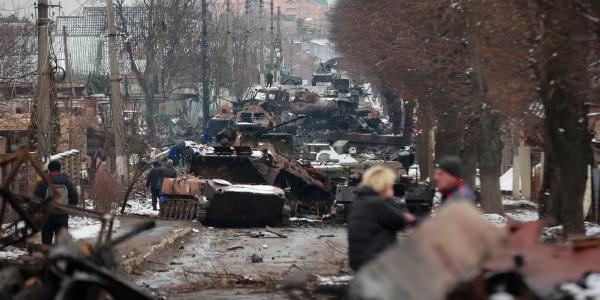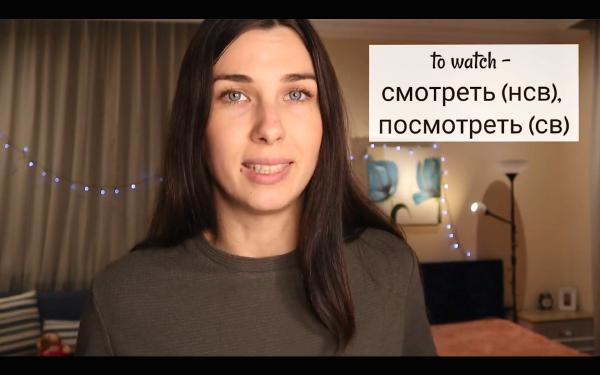Questions and Question Words
Asking questions in Russian is not difficult. The only difference between a question and a statement can be the tone. Ivan is going to university: Иван идёт в университет. The only thing needed to turn that statement into a question is a questioning tone when speaking, and a question mark when writing or typing.
How, what, where, etc.
If you want to ask when or how he’s going, what he’s studying, or which university he’s attending, of course, you’ll need question words. These are also not difficult.
Here are the most important ones:
| NL | Ру |
|---|---|
| how | как |
| how many | сколько |
| from where, where from | откуда |
| whose | чей |
| where | где |
| where to | куда |
| why | почему, зачем |
| when | когда |
| what | что |
| what kind, which | какой |
| who | кто |
Changes due to gender, singular/plural, and cases are omitted from the table. For example, чей (m) can change to чья (f), чьё (n), and чьи (pl). Words like какой, кто, and что can also take multiple forms.
Any more questions?
Check these.
Question words: когда? где? почему? кто? что? какой?
(LRW Alfia, 2019, 9 m)
From the same channel:
-
7 Most Common Russian Questions (2019, 8 min.)
-
3 types of Where: Где? Куда? Откуда? (2019, 14 min.)
-
10 Intermediate Question Words (2019, 15 min.)
Intonation / Questions with question words
(Live Russian, 2018, 5 m)
Что? Где? Когда? Как? Зачем? question words
(Русский с носителем, 2017, 13 m)
From the same channel: Русский язык: Чей? Чья? Чьё? Чьи? (2018, 9 m).
Russian Question Words: who, what, where, which, how, etc.
(Ru-Land Club, 2016, 15 m)
More
- 10 Useful Questions in Russian with Who? What? When? Where? Why? How? (Russian Comprehensive, 2020, 10 m)
- Question words (Easy Russian Lessons, 2019, 4 m)
- Questions. Exercises (РКИ для всех, 2019, 10 m)
- How much? How many times? What time we meet? (R for Russian, 2018, 2 m)
- How much and how many in Russian (Daria Mikhay, 2018, 4 m)
- First Russian Words + Easy Questions (Russian in Context, 2018, 1 m)
- Почему vs Зачем, confusing words in Russian (A, Romaker, 2019, 4 m)
- Learn the Top 15 Must-Know Russian Questions You Should Know (RussianPod101, 2015, 4 m)
- Ask Questions Using Question Word “Какой” (Fun Russian, 2013)
Be Fluent in Russian has several videos about questions and question words. Such as How to Ask A Question in Russian? (2018, 8 m), Practice Friday #5: Question Words and Answers (2017, 6 m), Basic Questions Words and Answers (2017, 9 m), Questions and negations for beginners (R for Russian, 2017, 4 m) and Ask Questions Right (2016, 7 m).
LearnRussian.org covers (in the series Simple Phrases in Russian) topics like сколько, где/куда/откуда, почему, какой/какая/какое/какие and когда.
More








